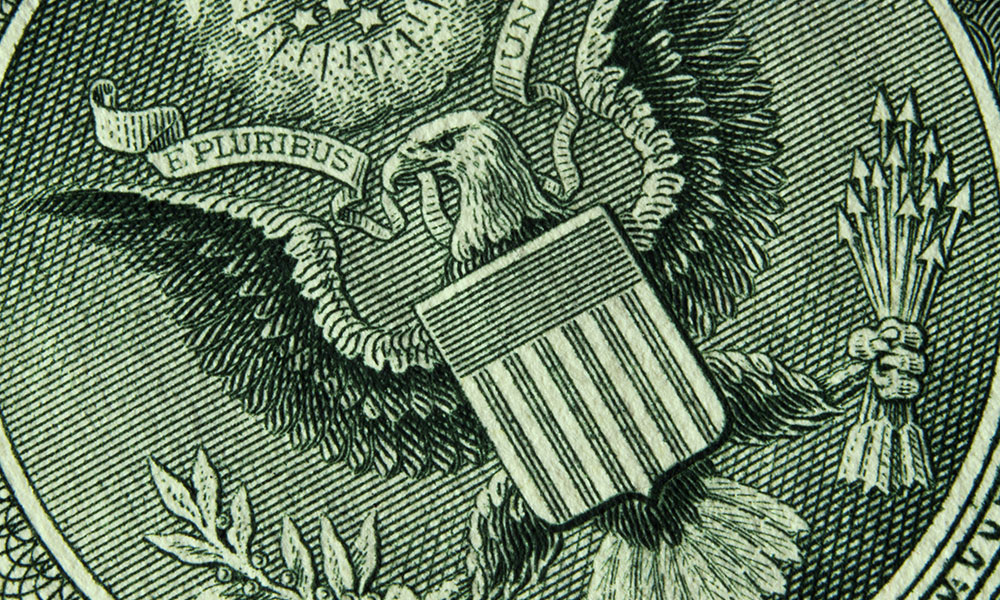
3 Banking Hacks That Will Save You Time and Money
Associations are always hunting for ways to be more time- and cost-efficient in their day-to-day business operations. If banking fees are eating away at your margins or your finance team is bogged down in too much accounting minutiae, try these three favorite tips from a longtime association finance professional.
I love it when I stumble across little life hacks: everything from a quick salad-dressing recipe that a friend taught me—a spritz of lemon, a drizzle of olive oil, and S&P to taste—to a way to speedily distinguish your black suitcase from all the other black suitcases at the airport carousel—tie a bright-colored ribbon to its handle.
For associations, most of which operate with limited resources, finding practical, commonsense strategies to manage everyday tasks is even more important. Craig Silverio, vice president of finance at the Packaging Machinery Manufacturers Institute (PMMI), calls these hacks “operational efficiencies”—in other words, “operating in a manner that is using your resources wisely, not spending more than you need to in various ways, and increasing your revenues in ways that you can,” he said.
Recently, he told me three of his favorite banking hacks, learned over the course of several decades working in finance:
Limit bank fees. “Most people pay for bank fees by keeping certain minimum balances in their bank accounts,” said Silverio. “And each month you get a statement that says, ‘Here were the earnings on your balance, here were the fees, here’s the difference.’”
But there’s a problem: For example, if you earned $1,000 on your account and your fees were $1,200, you would owe the bank $200. On the other hand, if you earned $1,000 and your fees were only $800, the bank wouldn’t pay you the net earnings.
To address this, you can ask your bank to reconcile your activity quarterly—or even every six months—and when there is a surplus (such as in the second example), that money would get rolled over and be used to offset deficits in subsequent months. “This is especially helpful when net cash activity varies substantially from one month to another,” Silverio said. Doing this, Silverio saves PMMI several thousand dollars a year.
Block fraudsters. “Anyone who has your company’s bank account information can try to ping your bank account to try and take money out,” Silverio said. “It’s called ACH fraud. It happens all the time.” And when you consider how many people have your bank account information, it’s no wonder it’s so prevalent. “When you put your wire transfer information on your invoices, that information becomes public, and it gives more parties the opportunity to take monies out of your account illegally.”
To prevent this from happening, associations can set up a Universal Payment Identification Code (UPIC) with their banks. The code masks your true account and routing numbers with fake ones that correspond to your true numbers. And it only works for parties sending payments to the association. If anyone tries to remove funds from the account using the fake number, they will be unable to do so.
Master lockbox banking. Any finance professional who has manually entered checks one by one knows it’s probably not the best use of their time and skills. Enter lockbox banking, whereby an association sets up a post office box to receive payments. The bank collects and deposits them each day.
Lockbox banking isn’t new, but associations that use it might not know that they can coordinate with their bank to customize the information the bank captures.
With customization, PMMI staff can log into its association management system, and “instead of us keying in 85 checks, we hit a button and all of the 85 checks are posted to all the customer accounts in all the right places, saving our folks a ton of time on this laborious administrative stuff, so that, frankly they can use their time better toward other meaningful activities.”
What banking hacks have you found helpful? Please leave your ideas in the comments below.
(iStock/Thinkstock)






Comments